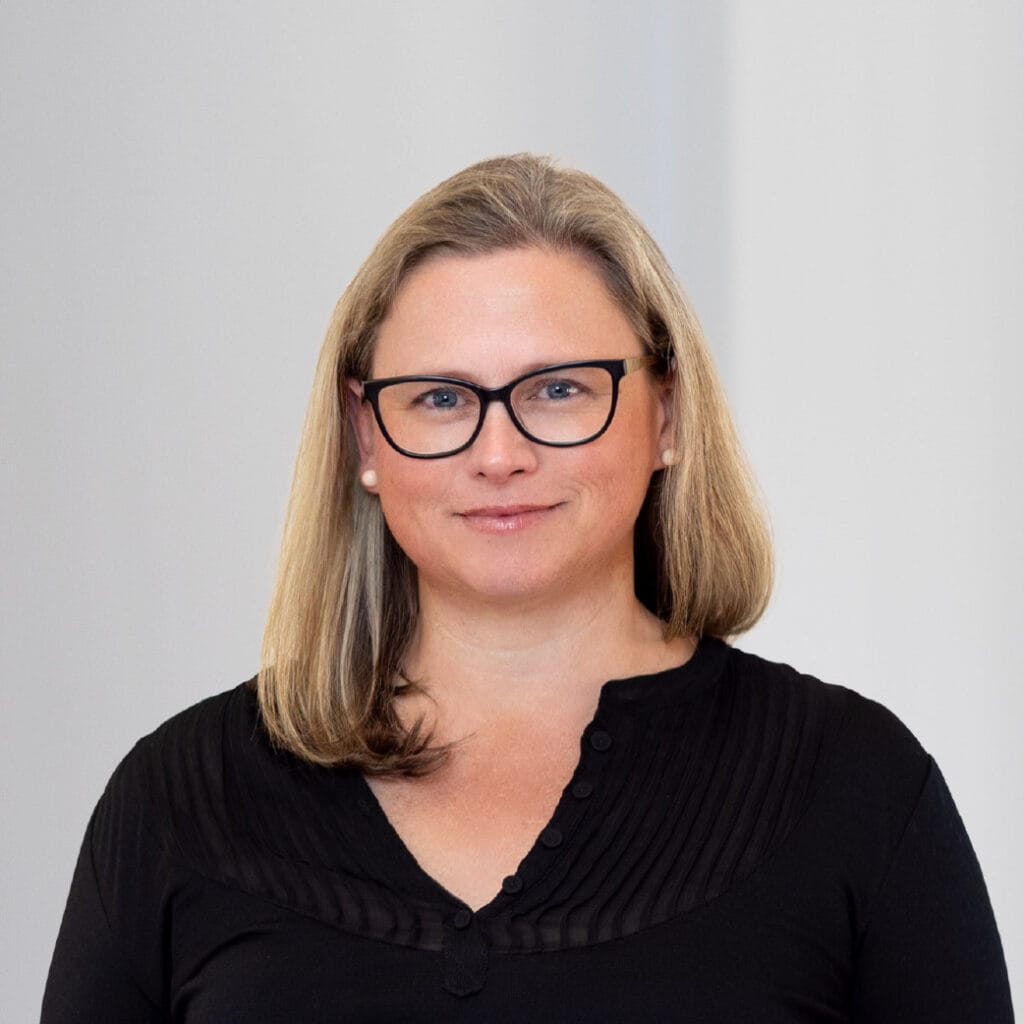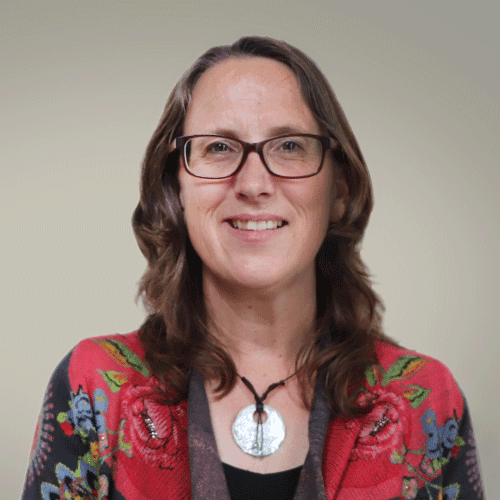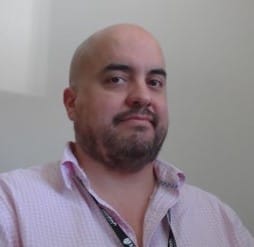Do you want to:
- initiate change in your professional context?
- engage in research?
- explore theological and spiritual perspectives?
- tackle complex problems?
- integrate critical praxis?
Deepen your practice and knowledge with the Doctor of Professional Practice.
The Doctor of Professional Practice (DPP) is designed for experienced practitioners to develop advanced knowledge and skills relevant to their professional context.
Integrating critical thinking, spiritual awareness and theological engagement with knowledge and lived experience, the Doctor of Professional Practice program equips mature professionals to develop their research competency and make impactful contributions in their fields.
Why do a Doctor of Professional Practice at the University of Divinity?
The University of Divinity (UD) is an Australian university that seeks to address the issues of the contemporary world through critical engagement with Christian theological traditions.
Emerging from this context, graduates of the Doctor of Professional Practice program are innovative and collaborative practitioners who integrate understandings of self, profession, systems and context. As thought leaders, they model what it is to do deep work.
About the DPP
Fees
In 2025, the tuition fee for a year of study in the Doctor of Professional Practice is AUD $19,608 (full-time) or $9,804 (part-time).
Fees are subject to change from year to year. For more information about fees, including FEE-HELP, please visit the Fees page.
Key Dates
2025
| Applications for February 2025 intake close | Friday 4 October 2024 (for timely outcome) |
| DPP Orientation Day (for February intake) | Saturday 22 February 2025 |
| Term 1 | Monday 24 February – Sunday 20 April 2025 |
| Term 2 | Monday 28 April – Sunday 22 June 2025 |
| Term 3 | Monday 28 July – Sunday 21 September 2025 |
| Term 4 | Monday 29 September – Sunday 23 November 2025 |
2026
| Applications for February 2026 intake close | Friday 3 October 2025 (for timely outcome) |
| DPP Orientation Day (for the 2026 intake) | Saturday 21 February 2026 |
| Term 1 | Monday 23 February – Sunday 19 April 2026 |
| Term 2 | Monday 27 April – Sunday 21 June 2026 |
| Term 3 | Monday 27 July – Sunday 20 September 2026 |
| Term 4 | Monday 28 September – Sunday 22 November 2026 |
Orientation Days
DPP Orientation Days invite each new cohort to come together (online, with an in-person option) to mark the beginning of their doctoral research journey. It is a chance to meet other candidates and key academic and professional staff, as well as learn about DPP-specific academic resources and other services and events at the School of Graduate Research and wider University of Divinity. All candidates are strongly encouraged to attend.
DPP Orientation Days run on the Saturday before the cohort’s first term, from 10 am – 2 pm (online, with an in-person option at the University of Divinity, St Paschal Campus, Box Hill, Victoria, Australia). Refreshments are provided.
| DPP Orientation Day (for 2026 intake) | 10am – 1pm AEDT, Saturday 21 February 2026 |
Units of Study
On admission to the DPP program, candidates are enrolled in Units of Study by the Registrar of the School of Graduate Research.
The following DPP Units are taken in the first year of study:
- Frameworks for Critical Praxis in Professional Contexts (PPX101Z)*
- Research Methodologies for Professional Practice (PPX102Z)
- Specialised Focus in a Professional Context A (PPX107Z)**
- Critical Engagement with the Scholarship (PPX103Z)
* Frameworks for Critical Praxis in Professional Contexts (PPX101Z) must be taken first.
** Specialised Focus in a Professional Context A (PPX107Z) may be undertaken anytime during Terms 1 to 4, between February and November but must be completed during the period of enrolment in the first year of part-time candidature.
The following DPP Units are taken in the second year of study:
- The Integrated Practitioner (PPX104Z)*
- Writing a Research Proposal (PPX105Z)
- Specialised Focus in a Professional Context B (PPX108Z)**
- Communicating and Embedding Research (PPX106Z)
* The Integrated Practitioner (PPX104Z) must be taken first.
** Specialised Focus in a Professional Context B (PPX108Z) may be undertaken anytime during Terms 1 to 4, between February and November but must be completed during the period of enrolment in the second year of part-time candidature.
Unit design
With the exceptions of Specialised Focus in Professional Context A (PPX107Z) and Specialised Focus in Professional Context B (PPX108Z) (both of which are tailored to each candidate’s area of research), each DPP Unit comprises the following compulsory components:
A 3-day intensive
All intensives run for 3 days (10 am – 4 pm, daily).
There are two types of DPP Intensives:
- Intensive (In-person) – All engagement takes place in-person, in a dedicated space at the University of Divinity (St Paschal Campus, 90 Albion Road, Box Hill, Victoria, Australia).
- Intensive (Online, with in-person option) – All engagement takes place online, with the option for DPP candidates to use a dedicated space at the University of Divinity (St Paschal Campus, 90 Albion Road, Box Hill, Victoria, Australia).
The type of DPP Intensive offered for each unit is indicated in the DPP Term Timetables below.
PLEASE NOTE: For those marked ‘Intensive (In-person)’, in-person attendance is assumed unless otherwise negotiated.
Fortnightly tutorials
All tutorials will run for 2 hours (6 – 8 pm, Mondays, fortnightly). Tutorials are delivered in a blended mode (online, with in-person option) and must be attended synchronously. All engagement takes place online, with the option for DPP candidates to use a dedicated space at the University of Divinity (St Paschal Campus, 90 Albion Road, Box Hill, Victoria, Australia).
Fortnightly peer engagements
These regular fortnightly engagements allow candidates to gather with peers in self-selected groups to: discuss unit content and related ideas and issues; share and explore reflections and experiences from learnings and research discoveries and challenges; and foster and experience the cohort as a supportive and collaborative community. Mode, time and place for peer engagements will be determined by the peer groups themselves.
Online modules of content
These modules combine Required and Recommended Readings, pre-recorded lectures and conversations with practitioners from various fields, web links and other opportunities for informing, expanding and deepening candidates’ critical engagement with their area of professional practice and research. They are designed for ongoing asynchronous learning.
Term Timetables
2025 Timetables
View or download the full DPP 2025 Timetables
2026 Timetables
View or download the full DPP 2026 Timetables
How to Apply
The first step is to contact the Doctor of Professional Practice Program Director to discuss your eligibility, including your professional experience, previous study and area of research interest.
Eligibility Criteria
You are eligible to apply if you have:
- at least 5 years of work experience in your chosen field of practice,
- completed the equivalent of 4 years of tertiary study relevant to your professional practice, and
- an interest in and the ability to undertake research that makes an original contribution to a field of practice.
Admission
Process
Admission is by written application and interview.
Applicants must submit a completed Admission Form for Higher Degree by Research Students, including:
- details of two referees who know your professional and/or academic ability
- a letter of support from your employer, where relevant/appropriate
- a statement (1000-1500 words) that outlines your professional experience, general area of research interest and how the DPP might help you develop your career and make an impactful contribution to knowledge and practice in your field
- a portfolio of 3 substantial pieces of your work (from the last 5 years)
- your CV (no more than 5 pages)
See the relevant Admission Form for Higher Degree by Research Students (see below) for more details. These Admission Form requirements will help us assess your suitability for the Doctor of Professional Practice program, including your capacity to deal with complex ideas, communicate clearly and think creatively and innovatively.
Dates
DPP applications are open throughout the year.
There is one intake per year, in February. There is no closing date for submissions. You can apply any time.
For a timely outcome before the new year, please submit your application by COB on the first Friday in October of the year before you wish to start.
Forms
Domestic Higher Degree by Research Students
For applicants in Australia and New Zealand beginning a full course of study through a College or School of the University of Divinity.
Overseas Higher Degree by Research Students
For applicants who are foreign citizens and are not Permanent Residents of Australia or citizens of New Zealand but who wish to enrol in a course of study at the University of Divinity.
Meet our People
Doctor of Professional Practice Director

Dr Rebekah Pryor
BAppSci(Hons), GradCertVisArts, PhD
Rebekah directs the Doctor of Professional Practice program within the School of Graduate Research. She is an artist and scholar whose interdisciplinary research focuses on embodiment (particularly in terms of sex, gender and sexuality) and how this is experienced, constructed, represented and renegotiated in material cultures and communities of belief.
Academic Associates

Dr Rosemary Dewerse
BA, BMus, GradDipTeach(Sec), GradDipTheol, MA(Hermeneutics), PhD
Ko Ngongotaha te maunga. Ko Rotorua te awa. Ko Ngāti Pākehā te iwi. No Aotearoa ahau. Rosemary is a practical theologian from Aotearoa New Zealand who is currently Academic Dean and Research Coordinator at the Uniting College for Leadership and Theology (UCLT) in Adelaide. She has taught in a range of areas from missional leadership and innovation to intercultural engagement, spiritual formation, contextual theology, hermeneutics and church history.

Dr Cath McKinney
BEd, MAppSci, GradDipTh, PhD
Cath directs the University of Divinity’s Professional Supervision program and specialises in teaching Professional Supervision, Practical Theology and Ministry Studies, Leadership and Group Relations. She has extensive experience as a group relations consultant where she specialises in helping people to flourish as they take up their roles. Cath’s doctoral thesis was centred around the experience of disappointment as central to an authentic understanding of a Christian theology. Her research was stirred by her work as a prison chaplain and as a minister in an inner-city community church for many years.

Associate Professor Mark Jennings
BTheol, PhD
Mark (he/him) is Associate Professor in Religious Studies at Wollaston Theological College. He lives and works in Boorloo (also known as Perth), on the lands of the Whadjuk Noongar people. Mark is primarily a sociologist of religion, and his areas of research include Pentecostal-Charismatic Christianity; secularisation and post-secularisation; sexuality and discourse; and religion and LGBTQ+ people and issues. His second monograph, Happy: LGBTQ+ Experiences of Australian Pentecostal-Charismatic Christianity was published in 2023.
